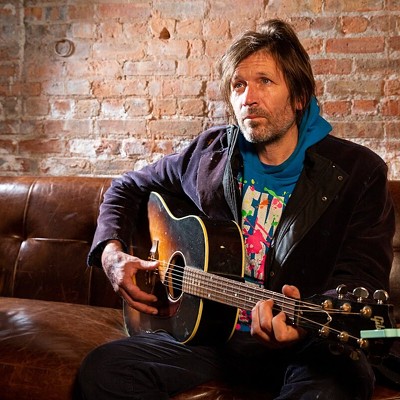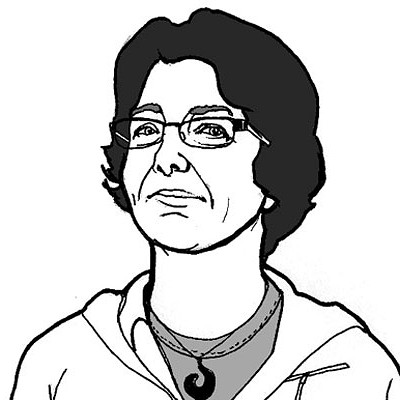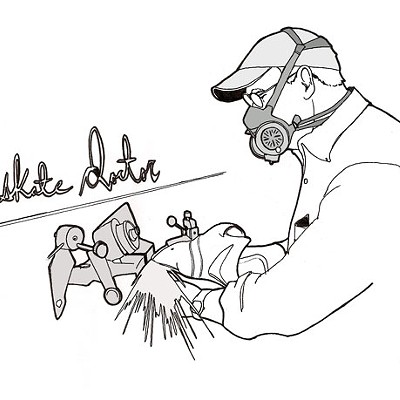The International AIDS Conference is done. Now the majority of the world can feel OK about ignoring an epidemic for another two years.
Sounds pessimistic, I know. But I feel pessimistic. And not only because prime minister Stephen Harper didn’t bother to show up at the conference, held this year in Toronto, but because it seems like among all AIDS 2006’s good work and good news, there are still great forces out there who believe HIV is first a moral issue and second a virus.
The world still struggles to understand that AIDS prevention is a health issue and not a matter of judging who’s living a proper life and who is not. That’s clear enough in UN Special Envoy for HIV/AIDS in Africa Stephen Lewis’s keynote speech at the closing ceremonies, which included a stern rebuke against the “neo-colonialism” of some developed nations requiring African countries to adhere to abstinence-only prevention to win funds.
Some things, it seems, never change.
Just before AIDS 2006, I watched the PBS Frontline documentary “The Age of AIDS” (online at pbs.org/wgbh/pages/ frontline). In it, we see US government officials, notably Republican senator Jesse Helms, fighting in 1987 against government funding for proven means of curbing HIV’s reach—needle exchange programs and safer sex education campaigns.
I see shades of Helms’s approach in Stephen Harper’s position on Vancouver’s safe injection site, Insite, where injection drug users can find clean equipment, counselling and a safe place to inject.
Insite estimates it has prevented more than 500 overdose deaths and has kept scores of used needles off the streets and out of people’s arms. But the clinic’s $500,000 per year in federal funding and its three-year trial exemption from the Controlled Drugs and Substances Act expires September 12. Harper said during the last election campaign he was opposed to government support for harm reduction programs such as Insite. We’ll know in the coming weeks whether the feds will keep Insite going.
My question: where’s Halifax’s safe injection site?
Mainline Needle Exchange program director Diane Bailey says clients who come in to the Cornwallis Street centre looking for clean needles, safer crack use kits or information tell her one is needed. “They know from the used needles they’re finding out on the street.”
Mainline’s primary funding is stable and comes from the provincial government. “We’re grateful for what we have,” she says, “but I can always do more with more money.” “More” could conceivably mean a safe injection site. “For ,” Bailey says, “it’s health. We do anything that can reduce the harm to people’s health.”
The Canadian Medical Association has come out in support of safe injection sites. So has the Canadian HIV/AIDS Legal Network. Obviously Health Canada’s behind the idea; it’s the federal department facilitating operations at Vancouver’s Insite.
“Of course,” Bailey says, “you’re going to have the people who believe that if we didn’t have these services there wouldn’t be as many drug addicts and that if we didn’t distribute safer crack use kits people wouldn’t be smoking crack. But for the people that support harm reduction, it’s positive.”
Stephen Harper could learn a thing or two from Stephen Lewis. Because something Lewis said in his closing ceremony speech about the folly of abstinence-only AIDS education also applies to the harm reduction approach to drug use: “Ideological rigidity almost never works when applied to the human condition.”
Perhaps if Harper had bothered to show up at AIDS 2006, he might have heard what Lewis had to say.
Have a say of your own. Email: [email protected]

















